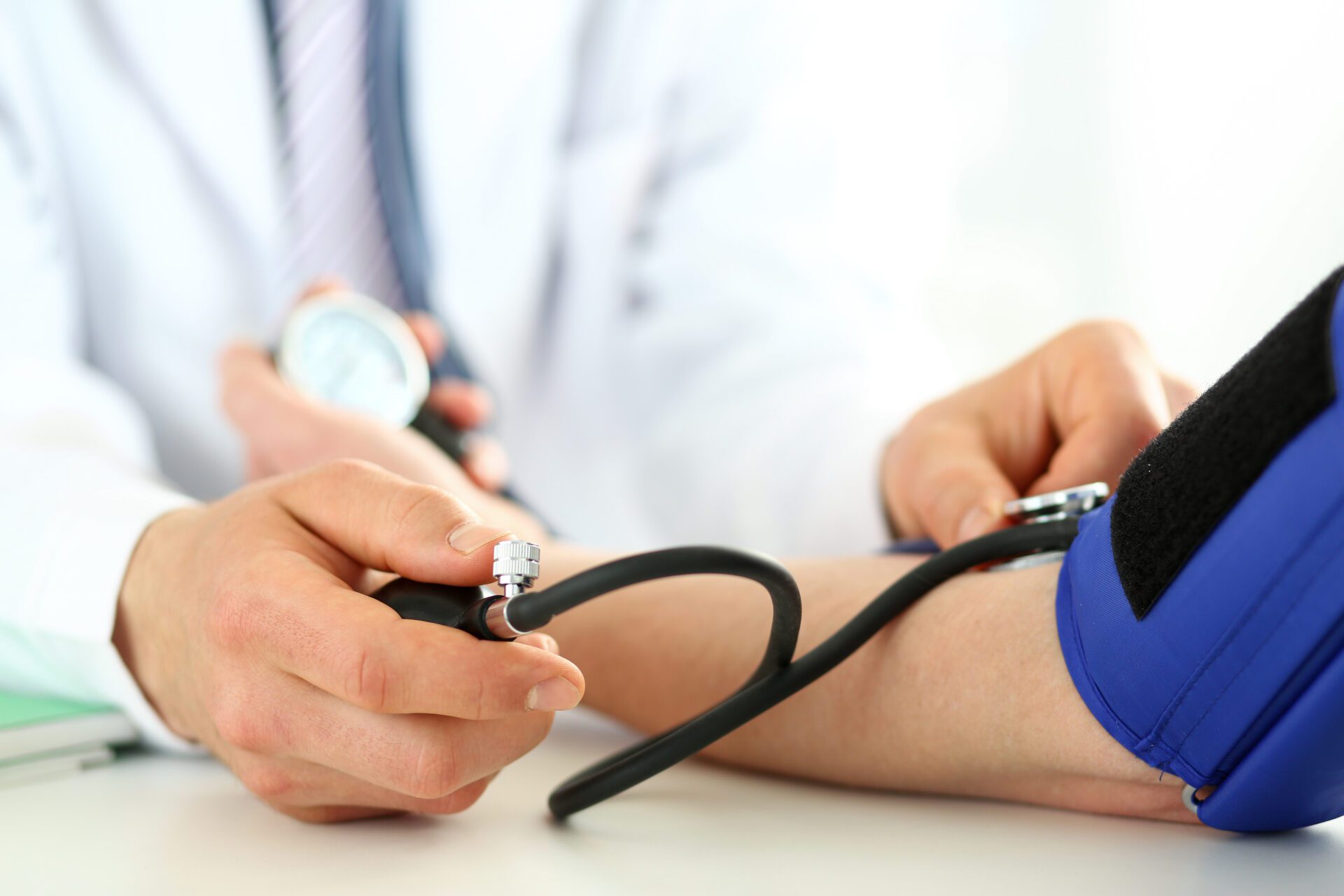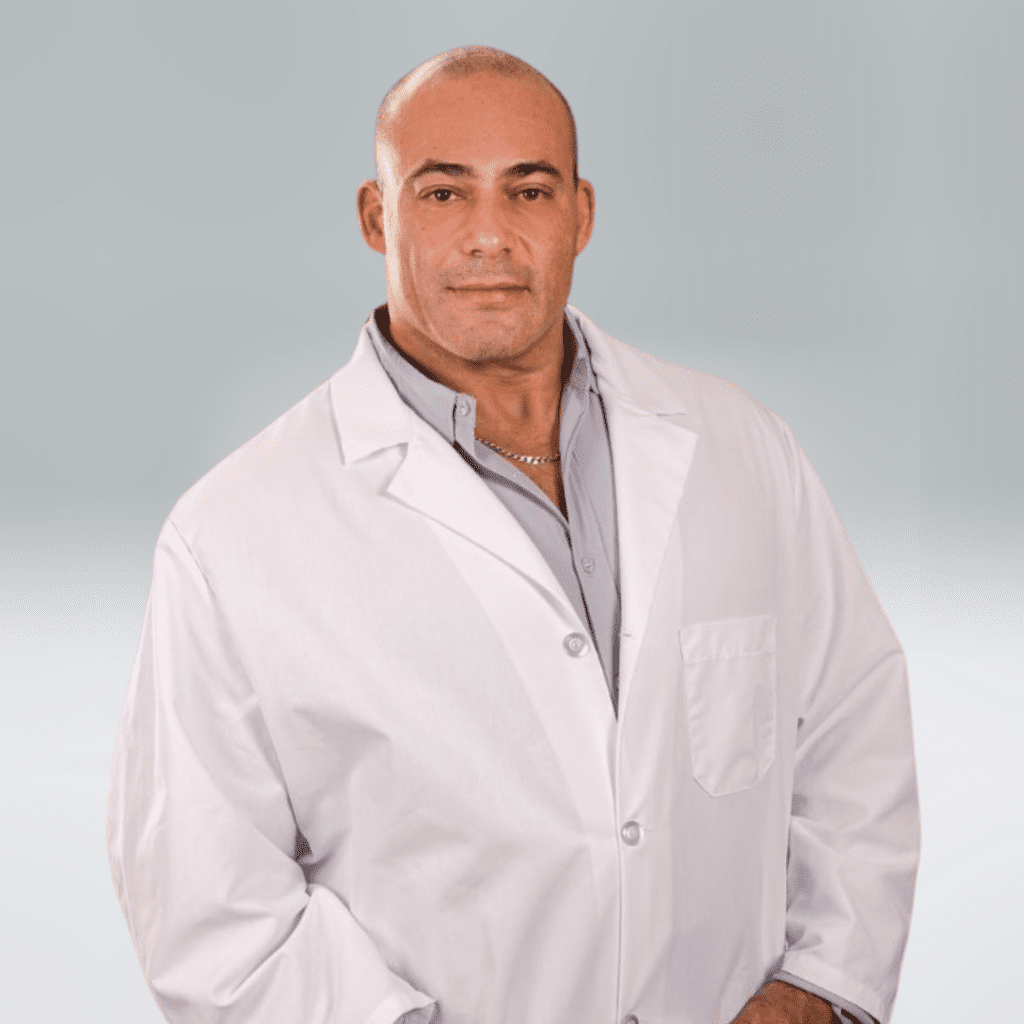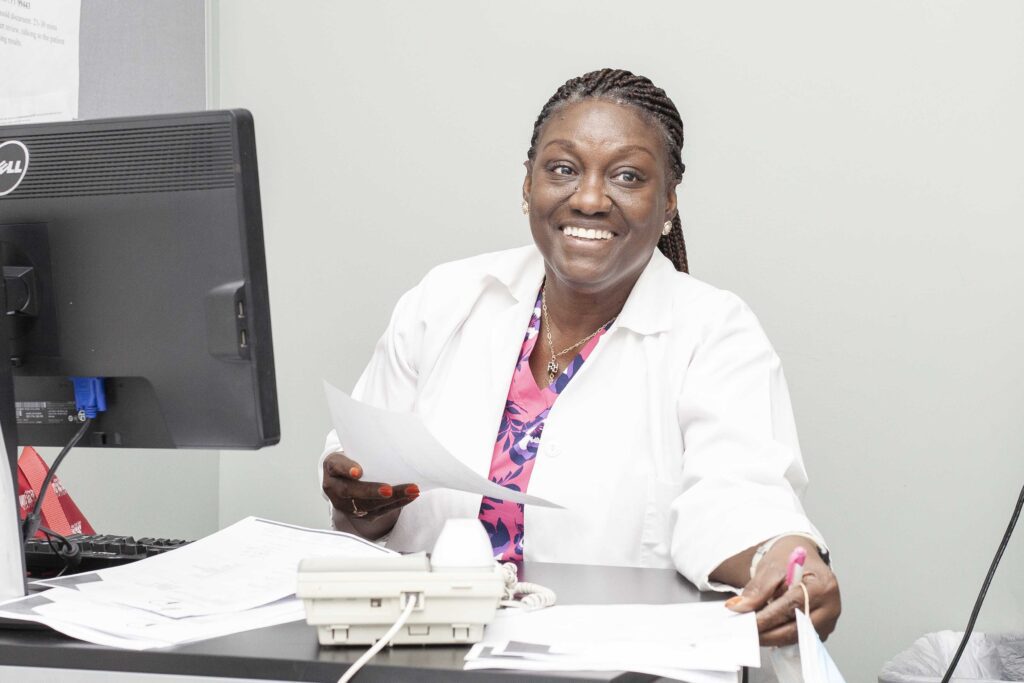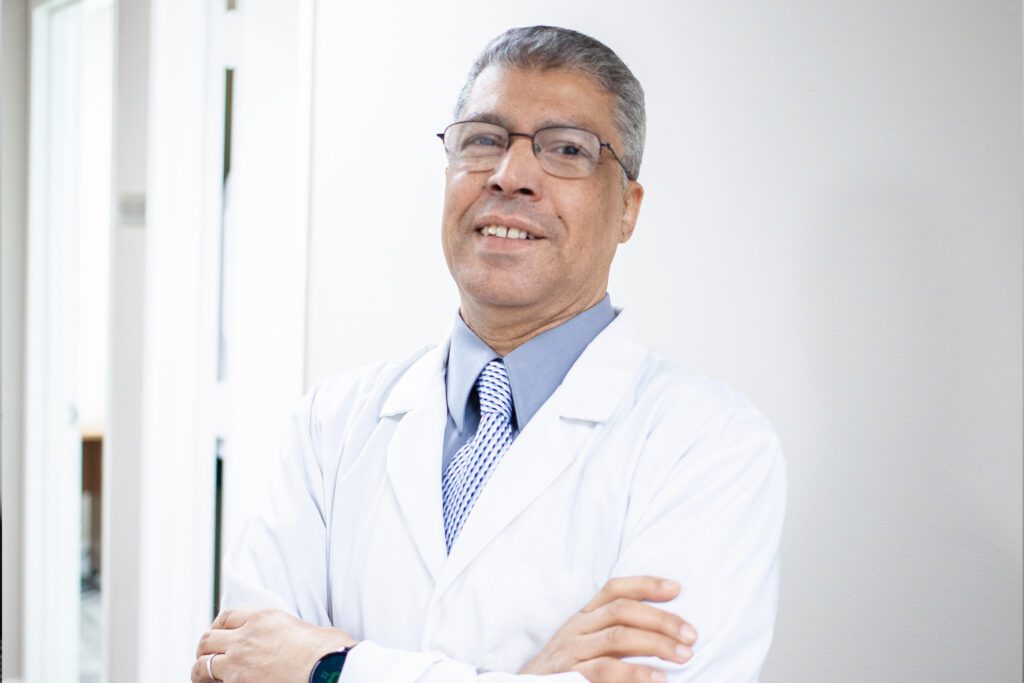Hypertension Specialist
New York Medical and Vascular Care
Cardiologists, Vascular Doctors, Podiatrists, Gastroenterologists, Physical Therapists, Pediatricians, Internal Medicine and Family Medicine Physicians Serving Patients in Sheepshead Bay, Marine Park, Flatlands & Midwood, Brooklyn, New York, Astoria Queens, New York, & Manhattan, New York
Get in Touch
"*" indicates required fields

Hypertension Q & A
What is hypertension?
What are the symptoms of high blood pressure?
What are the risk factors for hypertension?
High blood pressure can happen to anybody, but certain factors increase your risk of developing it. Examples include
- Family history of hypertension
- Older age
- Overweight or obesity
- Chronic stress
- Physical inactivity
- Tobacco use
- Excessive sodium intake
- Too little dietary potassium
- Excessive alcohol consumption
- Kidney disease
- Diabetes
- Sleep apnea
If you are at a risk of hypertension, have your blood pressure checked by a medical professional regularly, and monitor your blood pressure at home.
Why is high blood pressure dangerous?
How does my provider diagnose high blood pressure?
What are my hypertension treatment options?
Depending on the type and severity of high blood pressure you experience, your doctor might recommend the following hypertension treatments:
Lifestyle Changes
Do you experience leg fatigue, cramping, and pain? You might have Peripheral Vascular Disease.
Ask us how we can help today.
Blood pressure-lowering medications
Don’t let hypertension lead to serious medical issues when simple treatments can correct the problem. Schedule an appointment with New York Medical Vascular Care by phone or online today.
What Are the Benefits of Physical Exams?
- High blood pressure
- High cholesterol
- Diabetes
- Heart disease
- Cancer
- Obesity
- Thyroid problems
- Nutrient deficiencies
- Arthritis
- Osteoporosis
- Illnesses and injuries
- Asthma and allergies
Preventing or treating these and other health issues is a good way to avoid potentially serious medical problems.
Meet Our Expert Doctors

David Suarez, MD

Gillian Cipriano, NP

Moustafa Elsheshtawy, MD

Norman Sobol, MD

Claude Simon, MD, Ph.D.

Bilal Mannan, MD

Panagiotis Zenetos, MD

Morson Gladys, NP

Nagah Alaidy, PT

